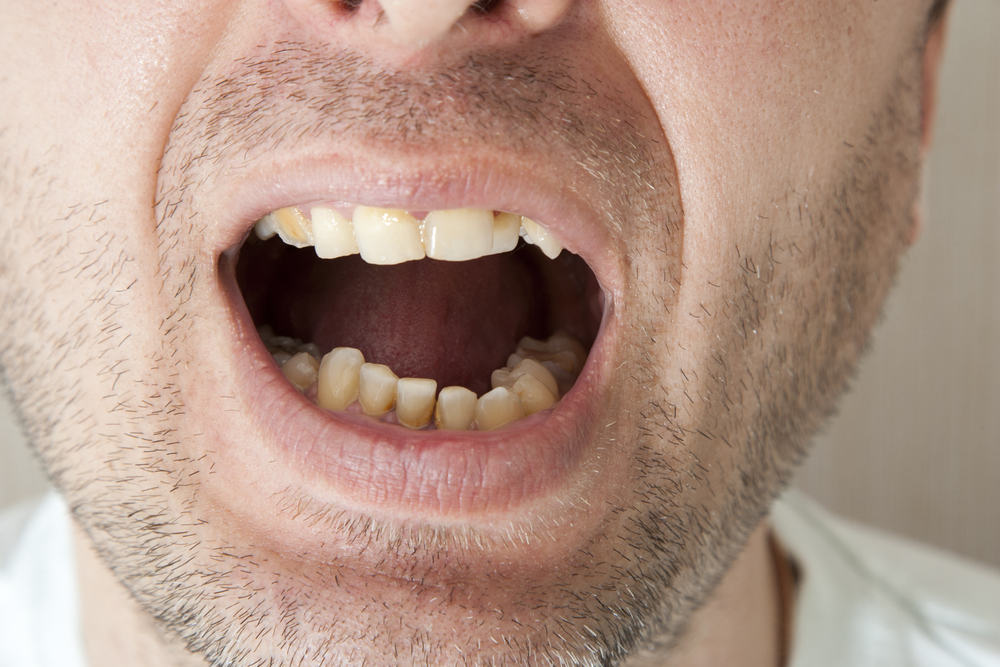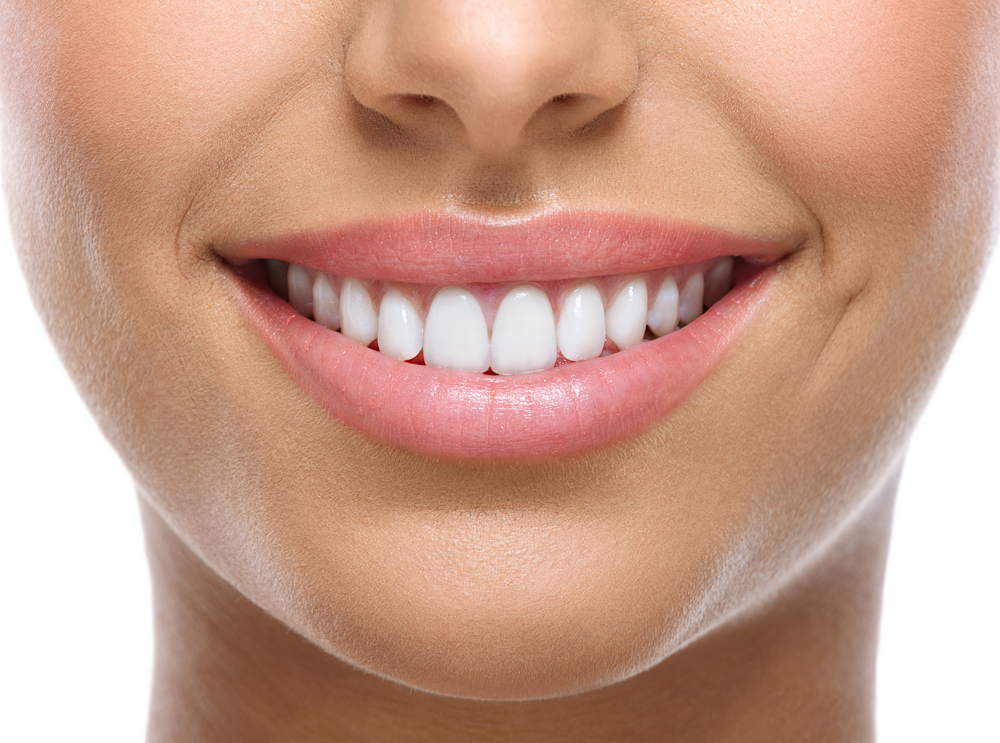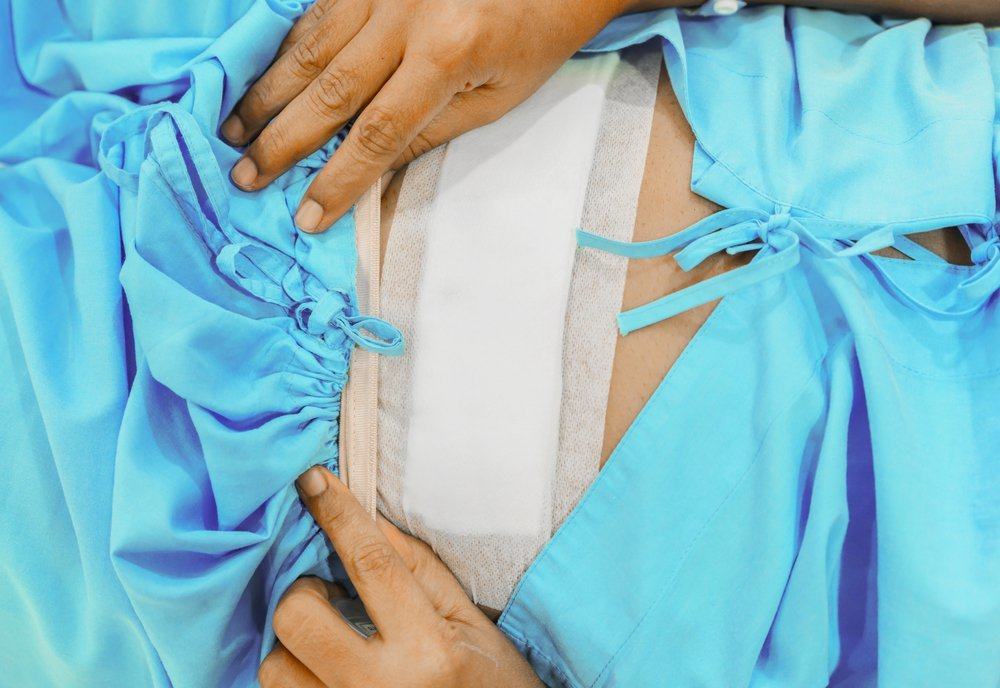Contents:
- Medical Video: What are allergy shots and how do they work?
- What is immunotherapy?
- You must know your type of allergic first
- What is the immunotherapy procedure?
- Is immunotherapy effectively curing allergies?
Medical Video: What are allergy shots and how do they work?
Are you an allergic sufferer? The body's response to allergens can be the mildest allergy symptoms such as runny eyes and nose, to severe reactions such as itching, swelling, and difficulty breathing, which are very disturbing activities. One effort that can be done for sufferers of allergies is of course by avoiding allergens. However, if these allergens are something that is difficult to avoid, then allergy sufferers will certainly be very difficult. A method called immunotherapy might be the solution to your problem.
READ ALSO: From Allergies to Cancer: 6 Causes of Sudden Itchy Skin
What is immunotherapy?
Allergic reactions occur due to excessive reactions from the immune system to a substance called allergens. Immunotherapy is an allergy treatment method that works by 'training' the immune system to stop overreacting to the allergen. This method of treatment is usually carried out under the supervision of a doctor who specializes in allergies and immunology.
You must know your type of allergic first
Before starting immunotherapy, you need to know first, what allergens cause your allergic reaction to appear. There are two methods that can be used to identify trigger allergies. The first is the skin hump test or skin prick test. The principle of this test is to enter a small amount of allergens that often cause allergies, to the upper layer of the skin (epidermis).Allergens are inserted with a needle puncture on the inside of the forearm, then the results will be read in 15 minutes. The examiner will assess the reaction that arises from your skin, such as the presence or absence of redness, and how many bumps arise.
The second method is to take blood samples and examine them directly to find out what specific antibodies are in your blood.
READ ALSO: 3 of the Most Common Allergies in Indonesia
What is the immunotherapy procedure?
After knowing the type of your specific allergen and how severe the allergen can cause an allergic reaction to you, your doctor will make a solution that contains these allergens at a low level. These allergens will be dissolved in a solvent that is diluted many times, until the concentration becomes very low. Then, a small amount of this solution will be injected into the outermost layer of your skin, usually on the arm, and you will be observed for at least 30 minutes to make sure you don't experience a serious reaction.
In some circumstances, swelling or redness can appear at the injection site. In some rarer situations, patients can experience systemic reactions such as bumps throughout the body, feeling tight, or wheezing. In more serious circumstances, patients can experience a reaction called anaphylactic shock. This reaction causes narrowing of the airways which leads to respiratory failure, and must be treated immediately with an injection of adrenaline.
READ ALSO: What Is Anaphylactic Shock and Why Can It Cause Death?
After your doctor believes that you have not experienced a reaction to the injection you just received, you will be allowed to go home and be scheduled for further injections. Over time, the concentration in the injected solution will increase, with the hope that your immune system has built up tolerance and 'learning' that these allergens will not pose a serious threat to your body so that you do not need a strong immune reaction.
Usually, at the beginning of therapy, injections will be given one to three times a week for three to six months. After that, you will enter the stage maintenance for approximately 5 years. At this time, you will be given one injection each month.
Is immunotherapy effectively curing allergies?
Yes. According to the American College of Allergy, Asthma, and Immunology, immunotherapy is a very effective method for sufferers allergic rhinitis, and can prevent asthma triggered by allergies too. At present, immunotherapy is the only therapy that targets directly for allergens, not just treating symptoms like most allergic therapies.












